The 1990s – just saying it out loud, it seems like a lifetime ago, doesn’t it?
Maggie was still in Number 10, albeit not for much longer. Labour was very left wing and totally unelectable. Then we had John Major’s government, and of course the landslide of Tony Blair’s “New Labour”.
On the subject of the reinvention of Labour, whatever happened to the slogan “New Labour”? When was it dropped? I actually can’t remember. Clever though, it got them elected after all.
A very different era it may have been, but did the ’90s help shape our lives in 2022? I believe so.
First up, the break-up of the mighty USSR. This sorry episode and the calamity that took place over the entire decade has most definitely shaped our world today.
As I’ve mentioned previously, we, the west, must shoulder some responsibility for the state of today’s Russia. We did nowhere near enough in the ’90s to help bring Russia in from the cold.
Many didn’t understand Russia then, and precious few in power seem to do so today.
Remember that Russia was assured after the Berlin Wall fell, that NATO would not expand eastwards. I make no excuse for Putin’s actions, but the fact is, what is happening in Ukraine right now is a direct result of what happened in the ’90s and Russia’s perceived humiliation.
And what about the current gender debate? Oh, I’m loath to go there, I really am. Such a hot potato.
The ’80s, my teenage years, were still old school and very macho. But in the ’90s we got our first glimpse of David Beckham wearing a woman’s sarong. Remember that? He was laughed at and ridiculed. How times have changed.
Next up, cheap air travel.
The disaster of Covid lockdowns and restrictions aside, not to mention the current debacle of hundreds of cancelled flights, we all pretty much take cheap air travel for granted these days. But in the ’90s it was only really beginning.
Climate change? It basically wasn’t an issue for the masses back then. Sure, it was on the radar of those in the know, but not for the majority of us.
The ’90s really saw the explosion of cheap air travel. Today, we rarely talk about managing to bag a cheap flight. We just go online and choose from a plethora of companies and bang, we’re off to Spain or Portugal for the price of a pair of jeans.
All that said, I think that’s changing. We are, whether we like it or not, living in a post-Covid world where airlines are all out of kilter.
They were – and rightly so – begging to be allowed to fly again. Then when they were finally allowed to do so, they found that they couldn’t cope after having laid off so many staff.
Hundreds of flights have been cancelled over the past few weeks. What a headache, what a nightmare. Add in climate change, the rampant rise of fuel, war in Ukraine, etc, we may well soon be back in a world where there are no such things as cheap flights for the masses.
Some, of course, would say that’s no bad thing. What do you think?
Then, of course, along came the internet. Arguably the greatest invention ever, after non-stick pans, the internet today is woven into near all our lives. Our society simply couldn’t function without it. Yet, back in the ’90s, it was relatively unknown. Almost impossible to get your head round today.
I first went online in the late ’90s, but it was all pretty basic. I remember in far-flung places on my travels, going in to what was known as an internet café and logging on to some grimy, chunky computer to check emails.
As for social media, it didn’t exist. Oh, how I’d love to go back to the world without all that.
Today’s internet is, as you know, everything. The concept 20 years ago, of doing what we do today, ie streaming movies and uploading our own profiles and videos to YouTube, was unthinkable. Yet that clumsy, chunky desktop with its dial-up connection that took ages and was as slow as watching paint dry, was all part of the evolution of where we find ourselves today.
Where will the intent take us in the next 20 years? I shudder to think.
Same goes for mobile phones. I got my first brick in the early ’90s. Brick being the operative word. Chunky and clunky, it weighed a ton, and that was just the battery. It cost a fortune also. Yet it all moved at lightning speed and ’90s tech took us where we are today with so-called smartphones and internet connection.
I still don’t have a smartphone, and have no intention of ever getting one. I don’t need one, I don’t want one. Some friends think I live in a cave. They laughingly tell me so, if they have enough time to actually look up from said phone for a half second that is.
I’d rather stay in my “cave” and let the zombies crack on with whatever is so important on their tiny screens.
On July 1 1997, the British handed Hong Kong back to the Chinese. Under British rule for 150 years, it thrived and became a money-making tiger; the Chinese agreed that Hong Kong would retain a high degree of autonomy. In fact, it was meant to be “One country – two systems”, the Chinese eager to promote themselves to the outside world and come in from the cold.
I never believed a word of it at the time. And the communist government in Beijing finally showed its true colours in 2019/20 when it started to introduce oppressive measures, arrested democracy protestors and clamped down hard with an iron fist.
Were we so naive to believe that a communist dictatorship would allow one country, two systems? It seems so. And today’s China is now far too powerful to give a damn what we the west say.
Race relations in the UK, while far better than in the US, were not great back in the day. The ’70s and ’80s saw race riots in English cities, then in 1993 the infamous murder of black teenager Stephen Lawrence took place. Initially no one was prosecuted for his murder and the police were heavily criticised.
Is today’s Black Lives Matter movement linked to the problems of the ’90s or even earlier? No doubt.
It is tragic that in the second decade of the 21st Century, the colour of someone’s skin is still obviously an issue in our society.
And what about the Iraq war of 1990/91? In a nutshell, we didn’t finish the job. We pushed Saddam out of Kuwait, but left him in power. This undoubtedly led to the US and UK invasion of Iraq in 2003 – countless lives lost on all sides and the ultimate tarnishing of Tony Blair’s legacy. How different things could have been.
And finally, back to John Major’s government. Whatever you think of Brexit, I believe that it was his signing of the Maastricht Treaty in 1992 that led, albeit many years later, to the referendum and us leaving the EU.
Maastricht caused huge headaches for Major, forced Cameron to give us a vote, ruined Theresa May’s premiership and finally ushered in Boris.
I have no doubt that the Maastricht Treaty, which promoted ever closer union, a single currency and common foreign polices, did more to shape our world today than we could have possibly imagined.
Yes, the ’90s may seem a distant memory. Even a bygone era. But as pointed out above, they really did help shape our modern-day world in so many ways.
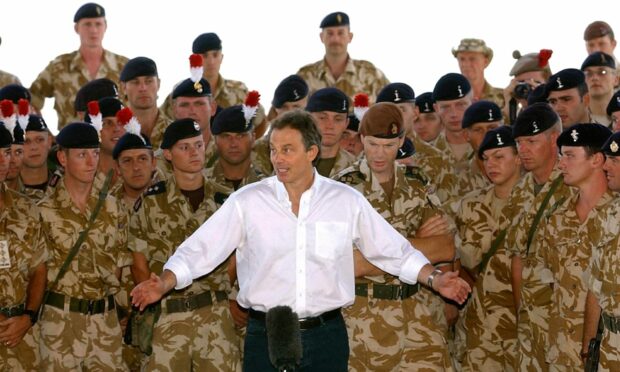
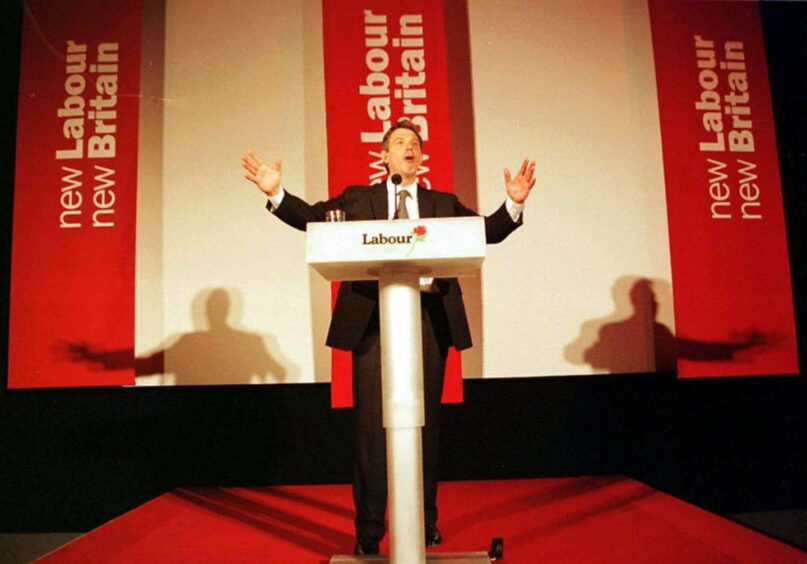

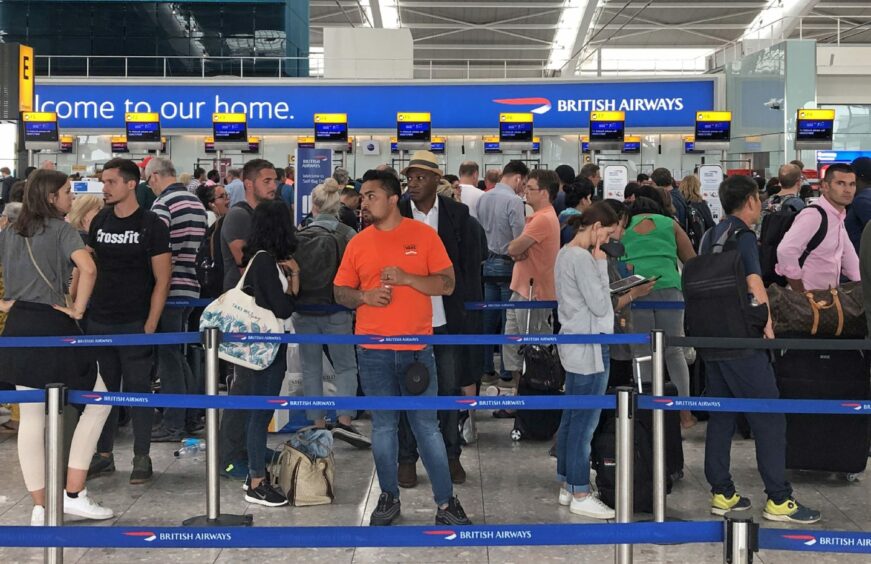
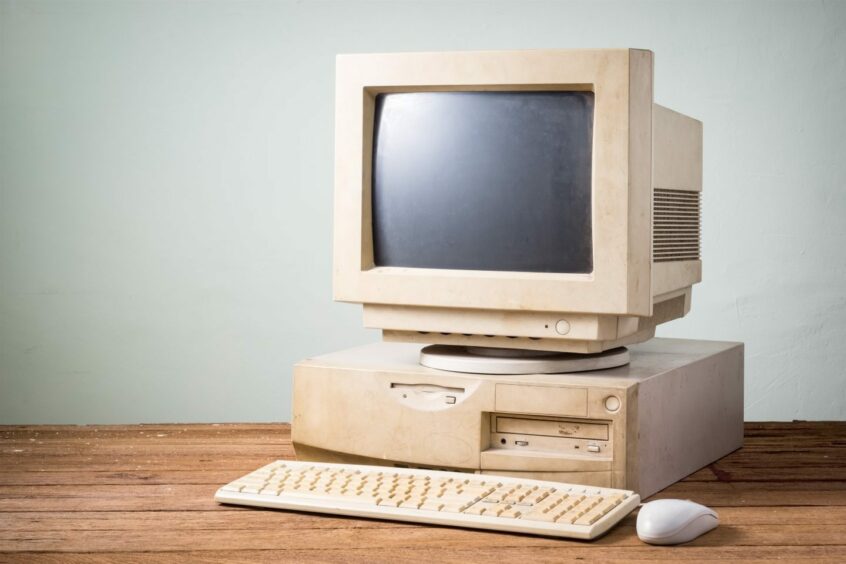
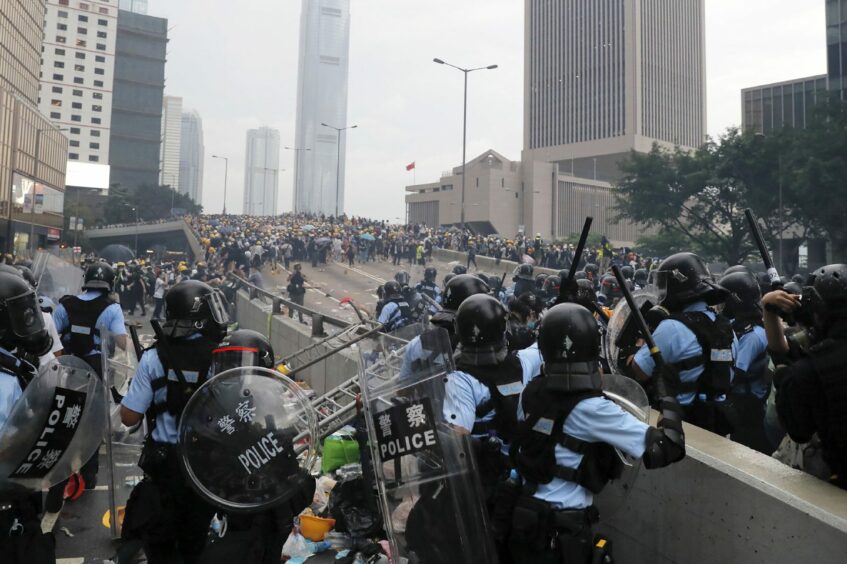
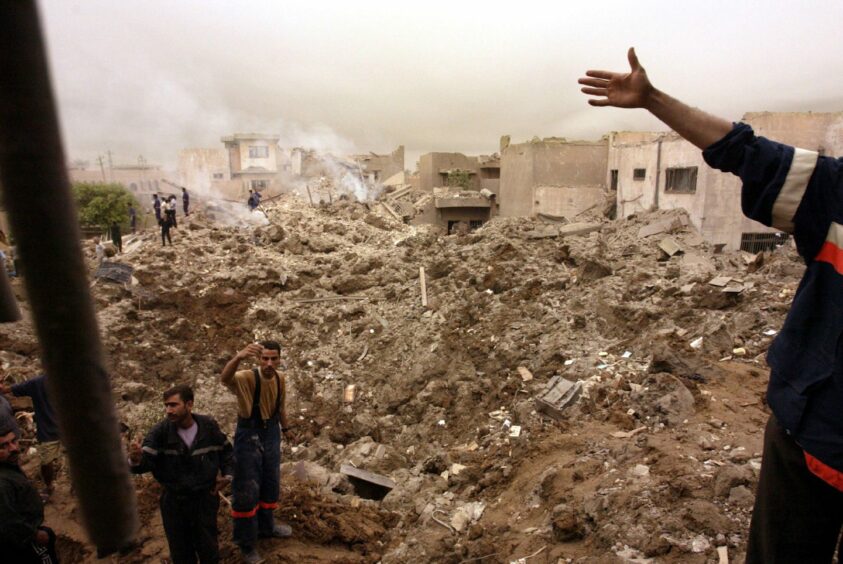


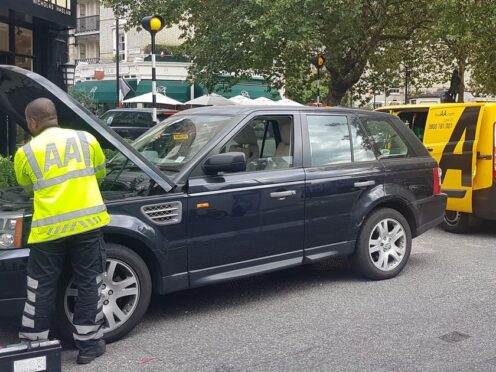

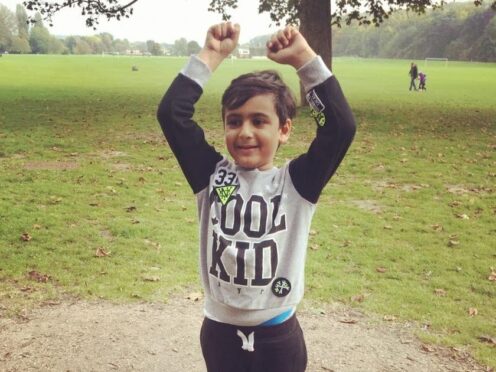

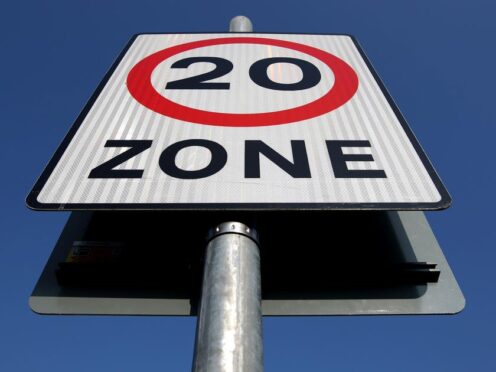



Conversation